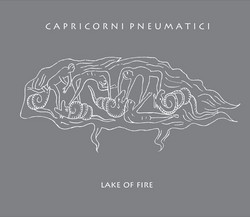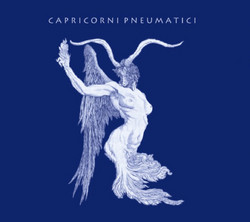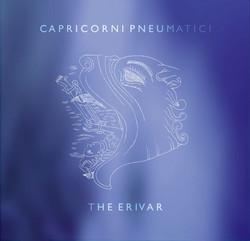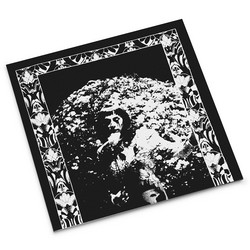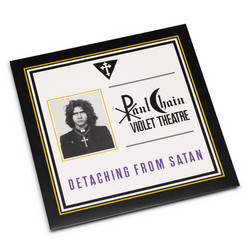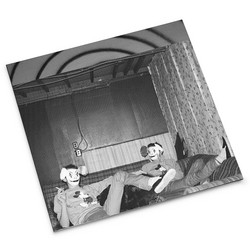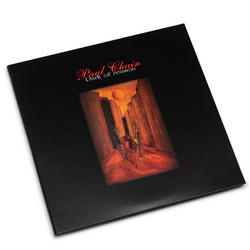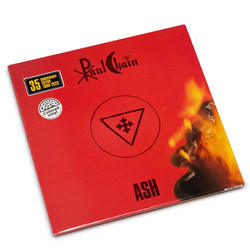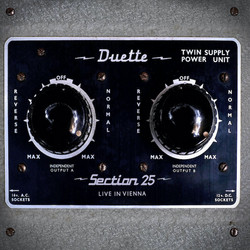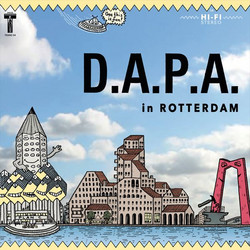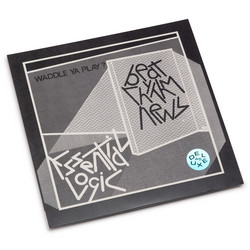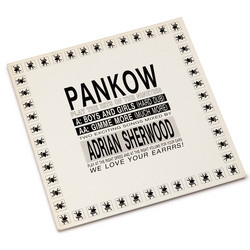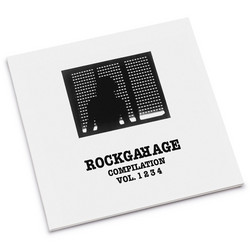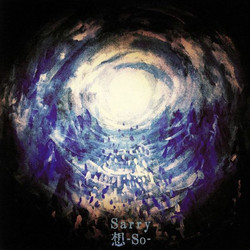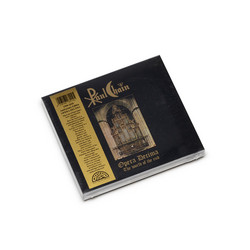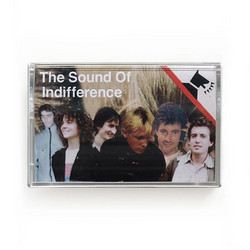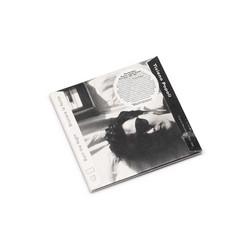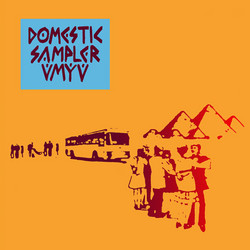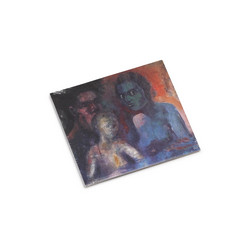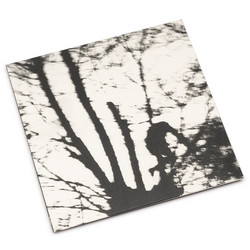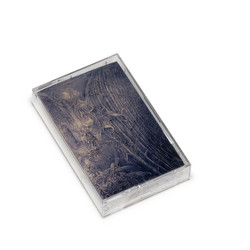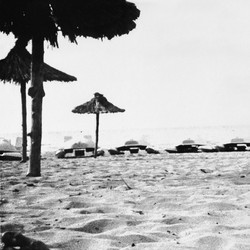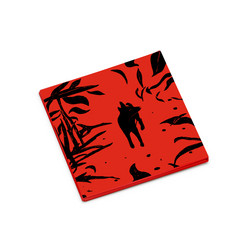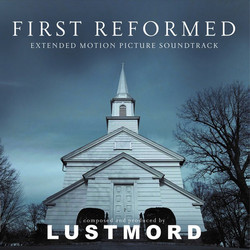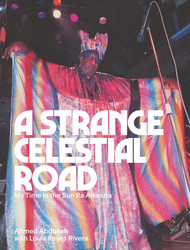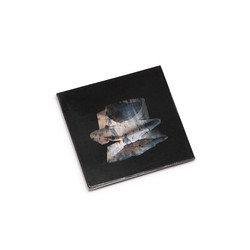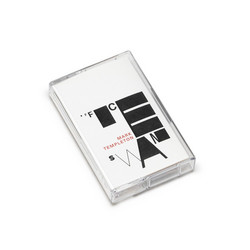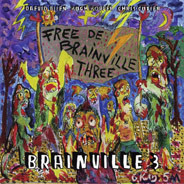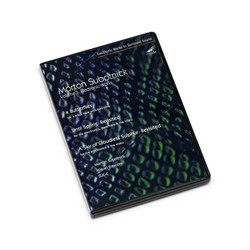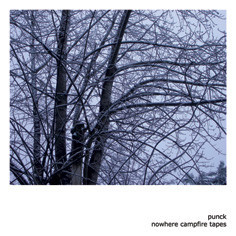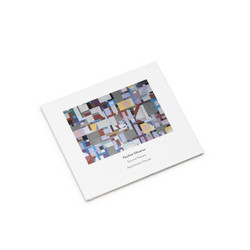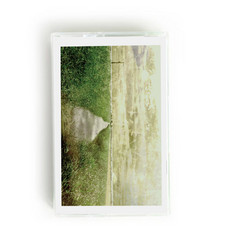U-Boot 319's complete discography - a collection that captured one of Italy's most unique post-punk experiments from the 1980s and '90s. The Marchigian band from Fossombrone (Pesaro-Urbino province) represented an almost singular phenomenon in the Italian post-punk scene: a group that merged new wave with Weimar-era aesthetics, drawing declared inspiration from Kurt Weill's compositions and Bertolt Brecht's theater. Despite forming officially in 1981 and remaining active until 1994, U-Boot 319 never released a proper album, existing only through demo tapes that had become increasingly mythical among collectors.
This comprehensive reissue compiled the band's three essential recordings: "Giro di Valzer" (1986), "XX Secolo (Soubrettes e Macellai)" (1994), and the live recording "Himmel und Hölle" from a 1990 concert at Modern Casinò in San Giovanni in Marignano. The releases showcased U-Boot 319's distinctive approach—Marlene Dietrich graced the cover of "Giro di Valzer", while the band explicitly thanked Brecht and Marlene in their "XX Secolo" liner notes. U-Boot 319's work represented a sophisticated synthesis of diverse stylistic, aesthetic, and sonic codes. Just as Kurt Weill had united classical composition with "vulgar" forms like jazz and cabaret in Weimar Republic Germany, the Italian quartet borrowed the German composer's avant-garde spirit while operating across coordinates that intersected new wave, folk music (in 3/4 time), theatrical vocal delivery, and innovative use of grammelot—the theatrical technique of phonetic play using sounds, onomatopoeia, and nonsense phonemes that resemble real words.
The group's aesthetic represented an anomaly in the Italian post-punk landscape—a dark cabaret sensibility that emerged from the Marche region rather than the more expected urban centers. Their Weimar-inspired approach to post-punk remained largely unparalleled in Italian music history, making this reissue both an archaeological discovery and an essential document of underground Italian creativity.
